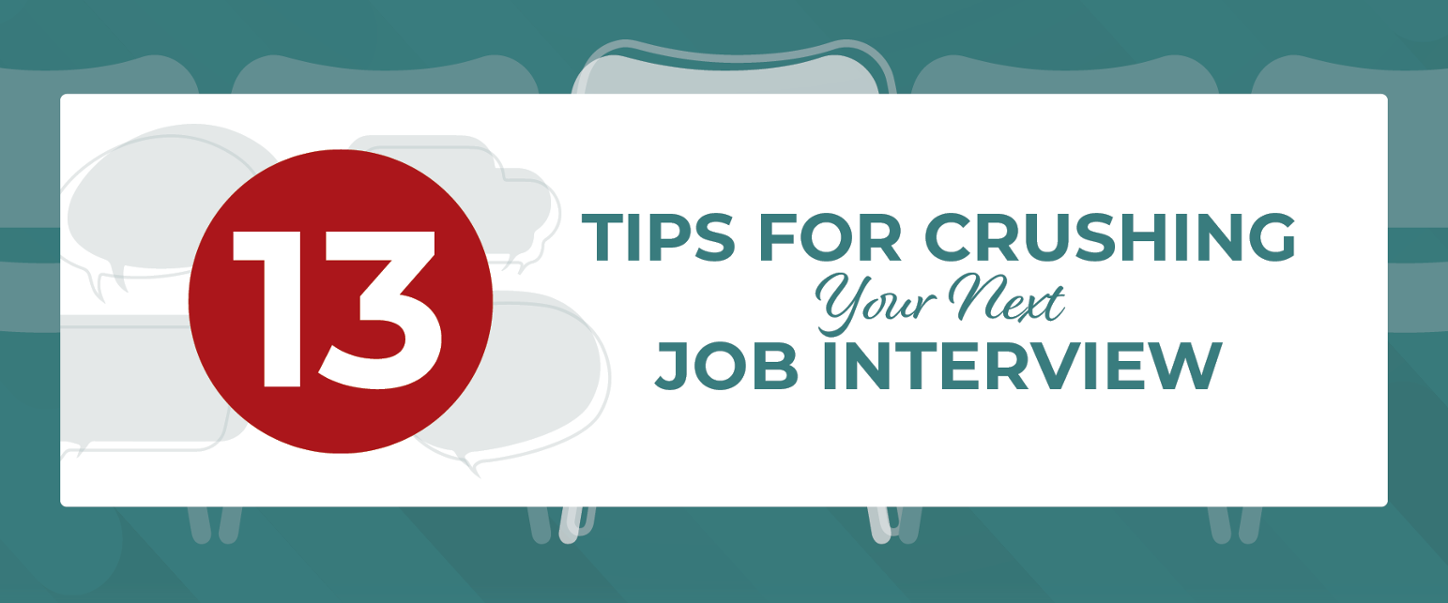
Searching for a new job can feel overwhelming. The job hunt can last months, requiring commitment and fortitude along the way. While it endures, your job search deserves your full attention.
Before it ends — with the job offer of your dreams, hopefully — you’ll probably be asked to submit professional references to a potential employer.
Many companies use references as a piece of their hiring processes, granting them further insight into a candidate’s skillset, work experience and potential fit.
If you’ve ever been asked to supply a reference, or two, that’s a good thing; references typically come into play near the end of the interview/hiring process. That said, it’s also natural to feel uneasy at the prospect of providing references.
You want to connect the company with people who hold you in high regard and will express the value of hiring you. But you also aren’t sure who to select or how you should approach asking them for a reference. You’re not the first person to have these qualms. And, with so much on the line, let’s make sure you get this right.
Here at Anderson Trucking Service (ATS), our hiring teams usually ask candidates to supply two professional references. These references help us learn more about each candidate’s work experience and how they’d fit within our company.
Other businesses use references similarly.
In this article, you’ll find a high-level overview of professional job references where we’ll explain:
- What job references are
- Why job references are important to employers
- How many job references you’ll need to provide
- Who you should consider using as a reference
- Best practices when asking someone for a job reference
What is a Job Reference?
A job reference is a professional referral submitted on behalf of a job candidate by a peer, coach, mentor, manager or colleague. Typically, job references are submitted to a potential employer by the candidate who’s applied for a role and include each individual’s contact information (phone number, email) and an overview of their relationship to the candidate.
Why Are Job References Important to Employers?
At the end of the day, companies want to make sound hiring decisions. Doing so takes a thorough understanding of what each candidate brings to the table: what skills they possess, what they’ve learned from experience, what kind of environment they thrive in and how their personality compares to the team they’d join.
It’s really difficult to reach these understandings without the correct resources.
Having conversations with a candidate’s references is one of the most impactful tools an employer has.
Provided each reference knows the job candidate, hiring teams can walk away from these screening calls with a far better picture of what employing that individual would mean. In turn, supplying relevant references could speed up your hiring process substantially as your employer’s comfort level rises.
Among other things, the firsthand information hiring teams hope to learn during reference screenings includes:
- What it’s like to work with you
- What skills, relevant to the role you’ve applied for, you possess
- Your areas of strength
- Where you excelled in this previous role
- Areas where your reference(s) feel you could still improve
These insights make it easier for an employer to familiarize themselves with the candidate in front of it. In turn, this makes it easier for an organization’s hiring professionals to comfortably make hiring decisions, removing the guesswork from this process.

How Many Job References Do You Need?
Typically, job candidates are asked to provide 2-4 references for an employer to contact. The number you’re asked to submit depends on the protocols of the company you’ve applied to. It’s also not uncommon for certain positions to require more reference checks — like leadership roles — while entry-level jobs warrant fewer.
Either way, don’t expect to be asked to supply more than four references. And, never feel like you need to submit someone’s information just for the sake of doing so; it’s more important to have quality references than a handful of poor ones.
Who Should You Use as a Job Reference?
When they ask you for a reference, employers are looking for deeper insight into your work history, personality, skillset and areas needing improvement. For this reason, it’s important (and beneficial) for you to connect them with individuals who can speak to these things well.
Commonly, professional references are a candidate’s previous manager(s), supervisor(s) or co-worker(s). These people have firsthand experience interacting with you in a professional setting and can attest to your good (and not-so-good) qualities.
How to Ask For a Job Reference
Always ask your job references for permission to use them before you start your job search. Reach out to these people via phone or email and ask if they’d feel comfortable being contacted as one of your professional references.
Provided your relationship with each individual is solid, this shouldn’t be much of an issue.
Paint them a picture of what they can expect going forward. Typically, job offers are contingent upon a favorable background check and reference screening. As such, tell your references to plan to be contacted, via phone or email, near the tail end of the hiring process.
The exact timing of the reference check will vary by situation. It’s important to keep each reference in the loop as your timelines progress. This will help ensure they’re prepared — and not surprised — when their phone rings.
Ace Your Next Interview!
When the time comes, your prospective employer will tell you how many references they’d like you to share. To ensure you can meet these requirements, try to have a few lined up before you ever apply. Having two to provide is awesome, but four is even better. As long these references can speak to your professional ability and their personal experience working with you, there won’t be any issue.
Once you have a list of references to call on when necessary, you’re ready to start your job search.
Along the way, you’ll face a series of interviews where your professionalism, work experience and knowledge will be tested against those of other candidates.
This can be a nerve-wracking process. You want to put your best foot forward in every interview, but this is usually easier said than done.
To help you through your job hunt — so you can make use of those references in the end — we’ve put together this 13-part guide to acing your interviews. Download it for free today and get the best from yourself throughout your interviewing process.
Finally, if you’d like to learn more about ATS, where we’re hiring and the pros and cons of working in the transportation industry, don’t hesitate to contact us here. We’re more than happy to help you in any way you need.




